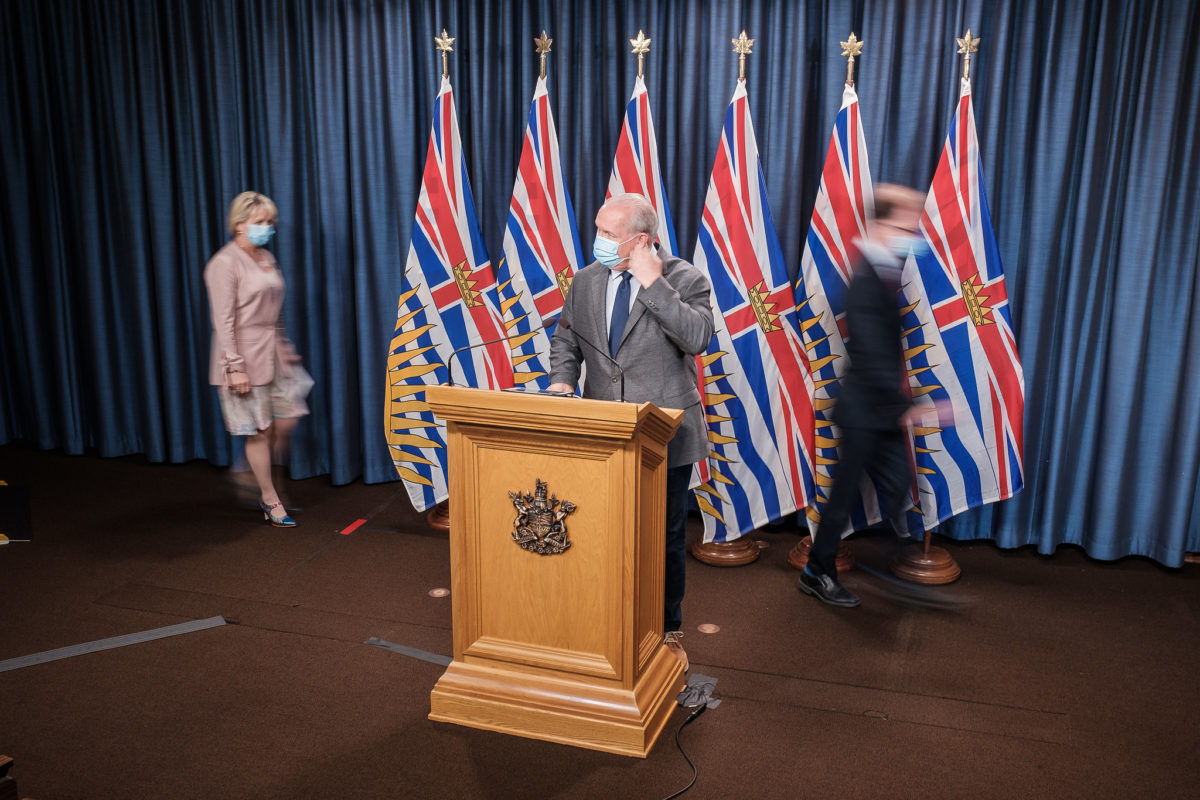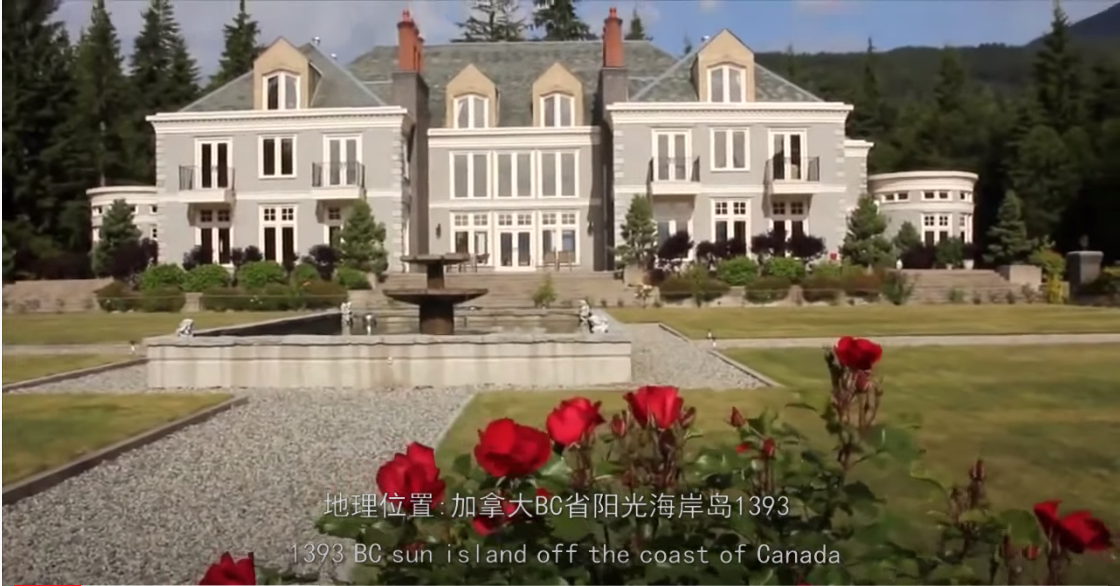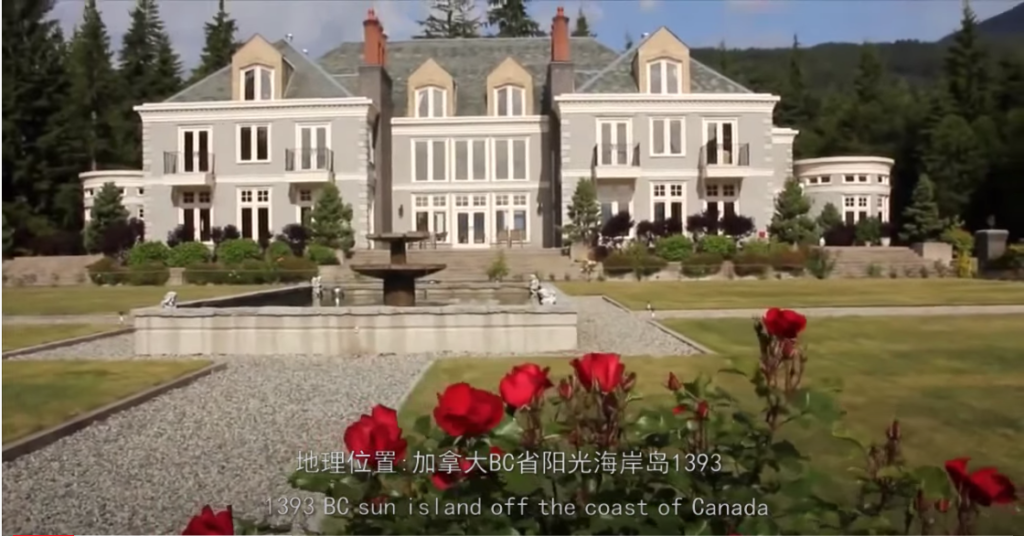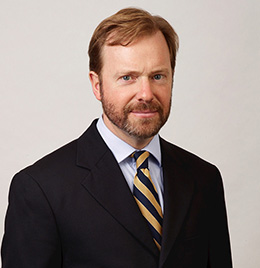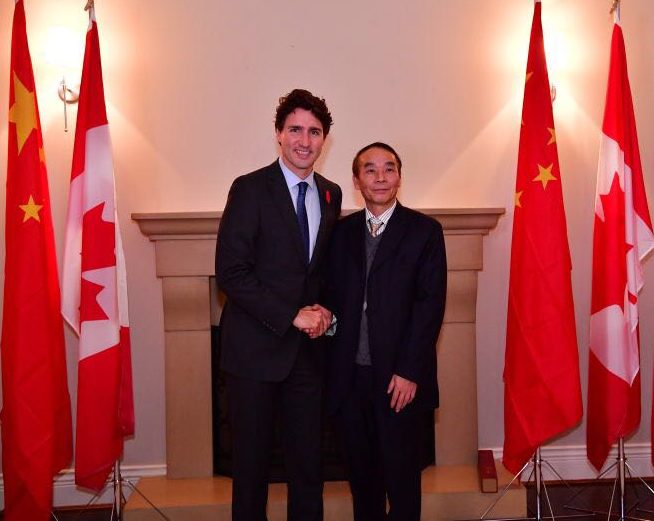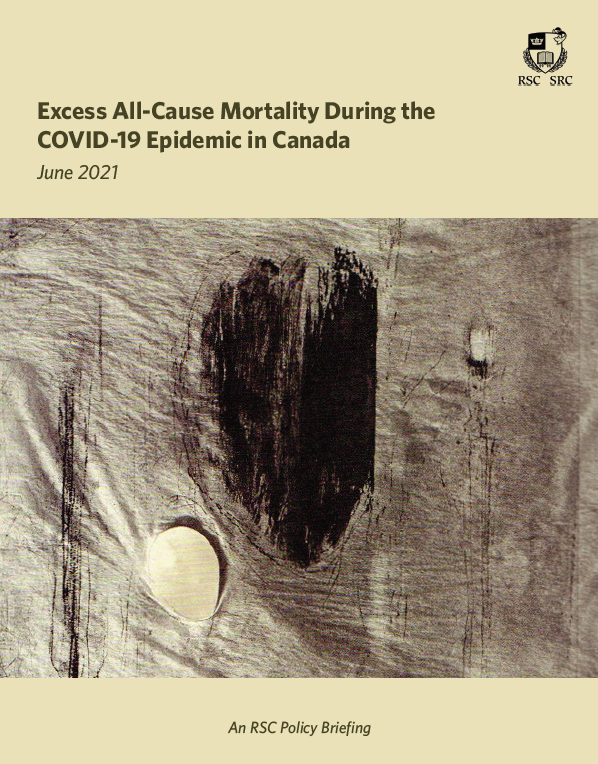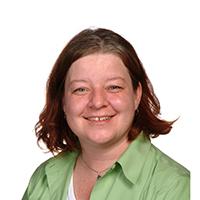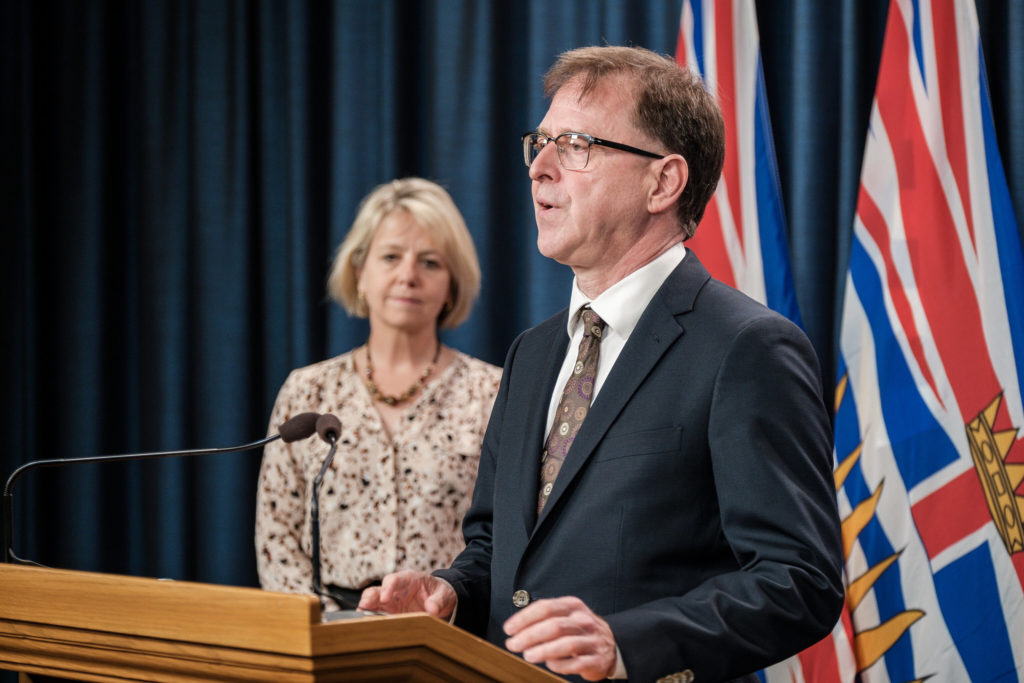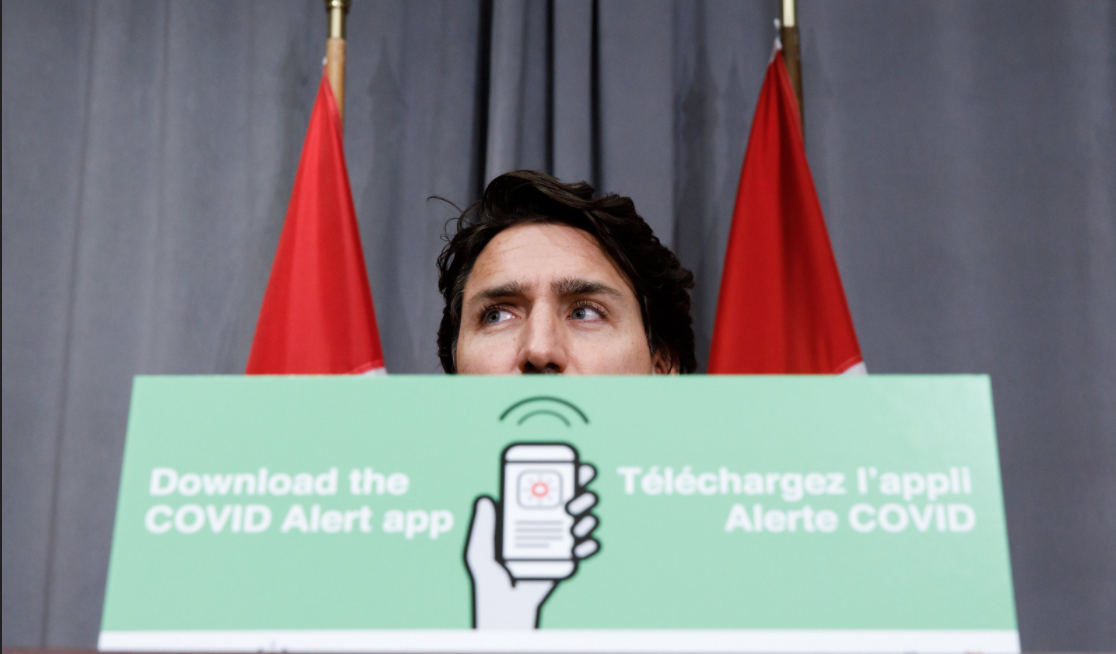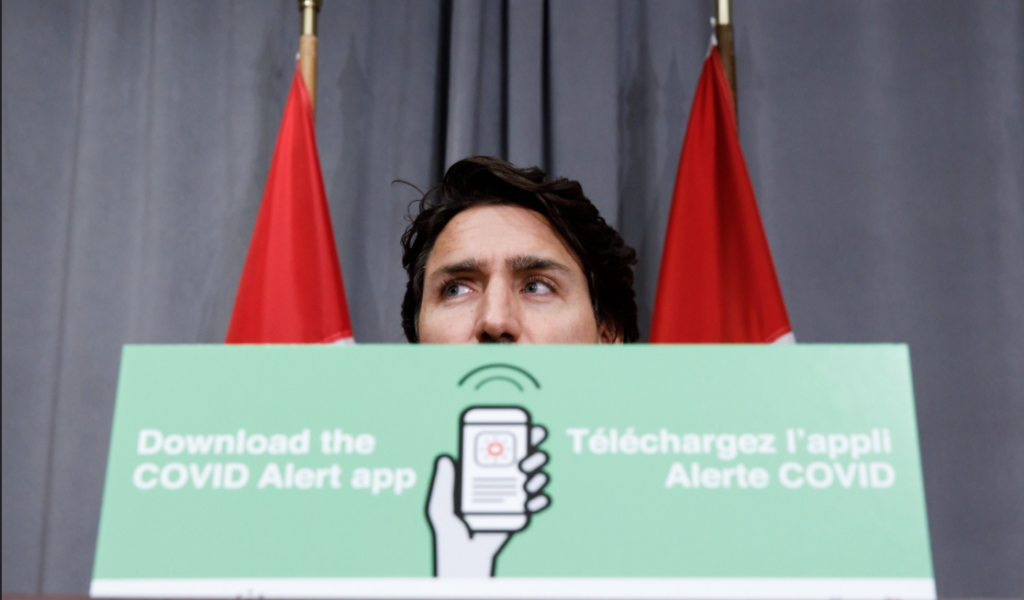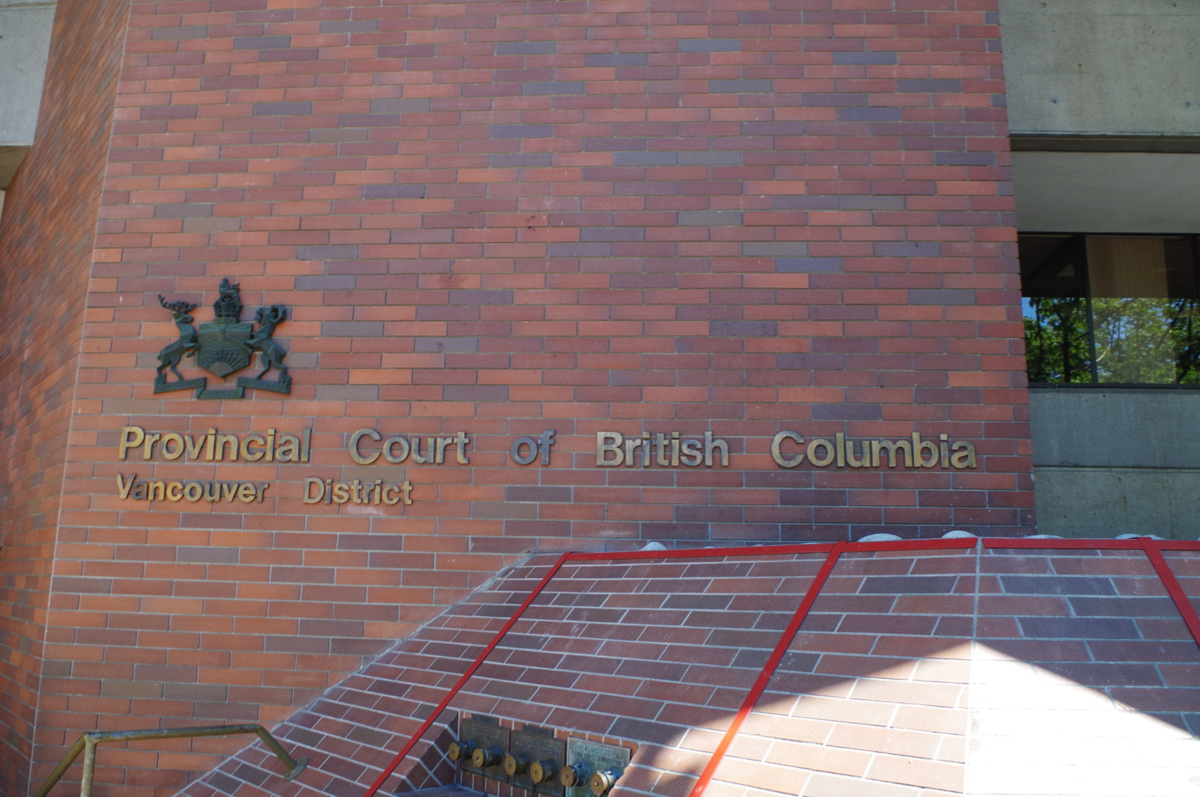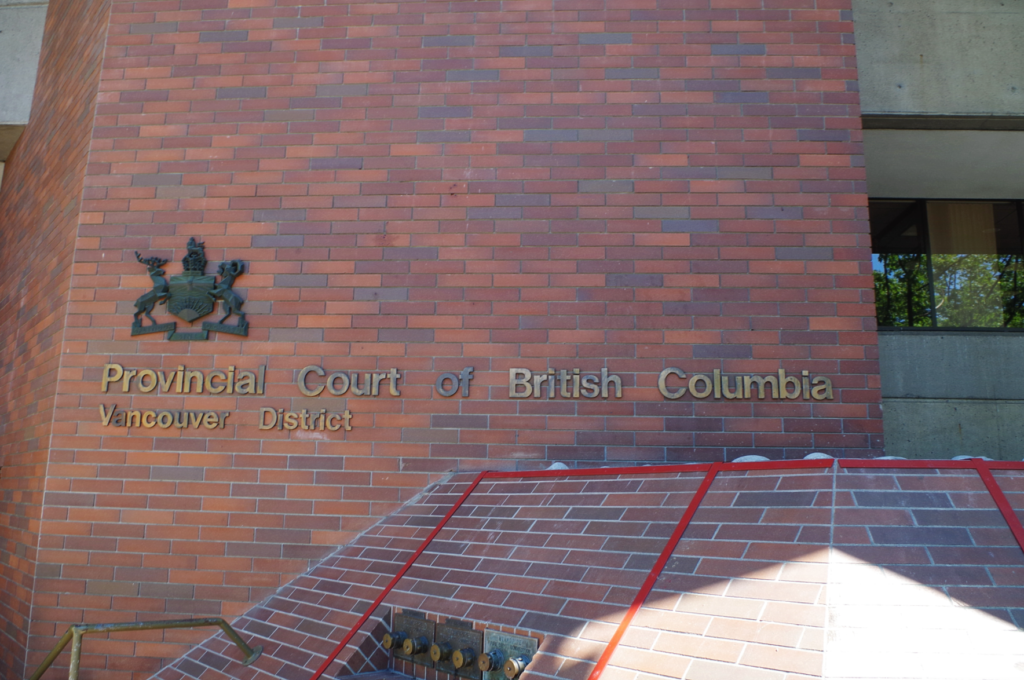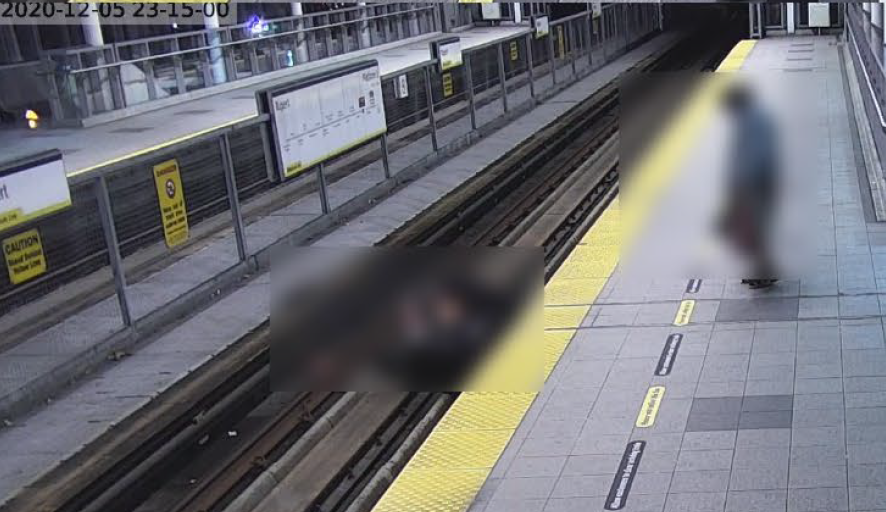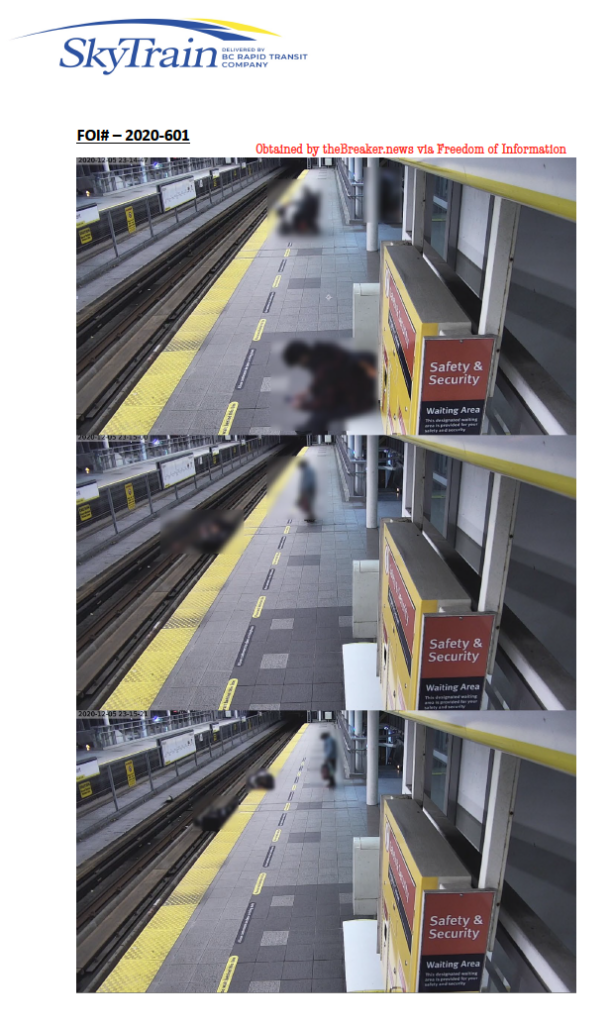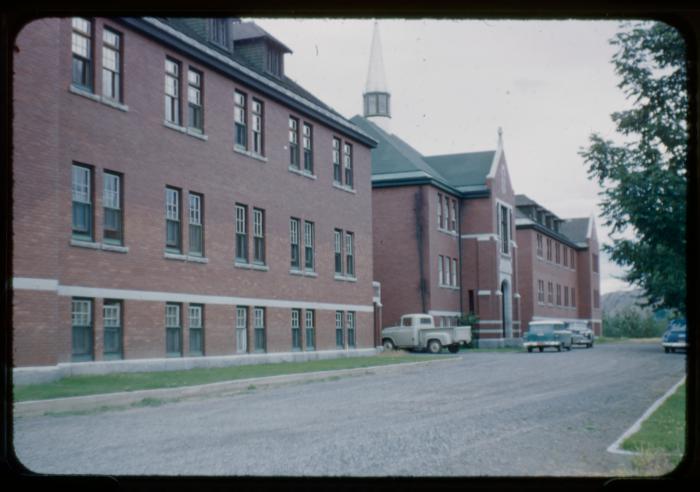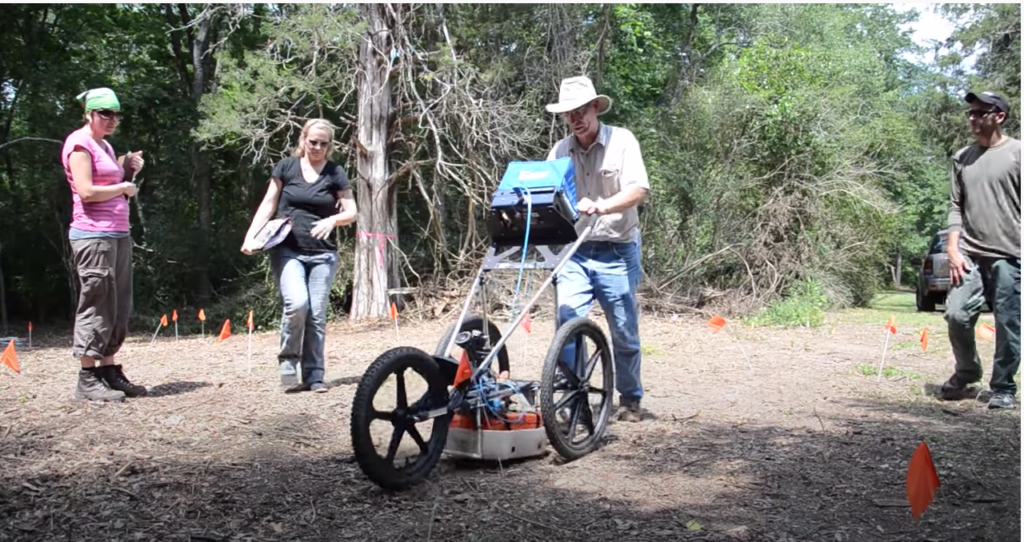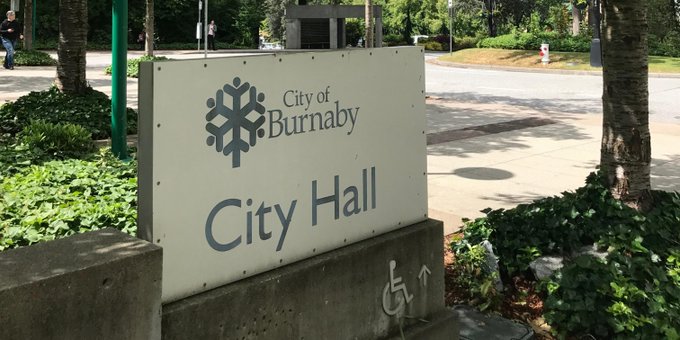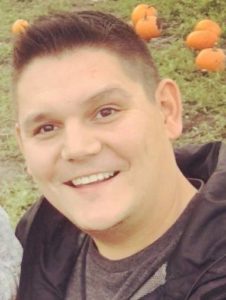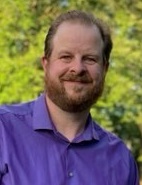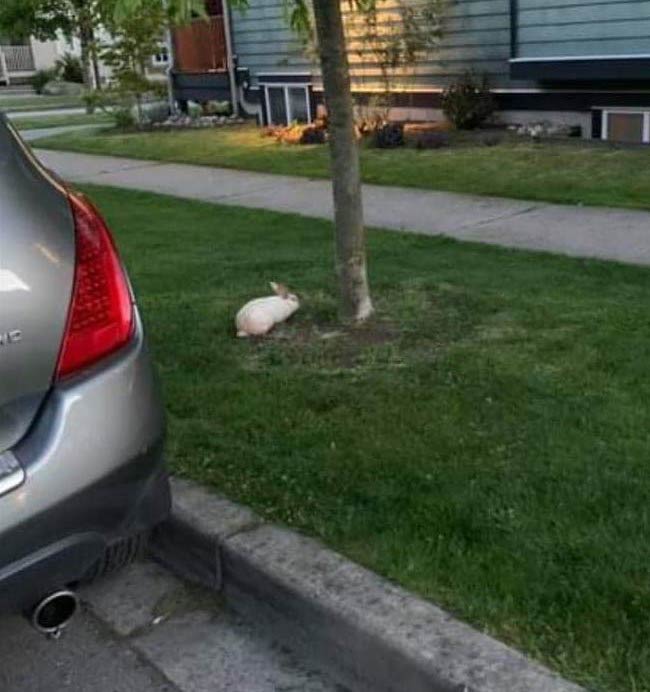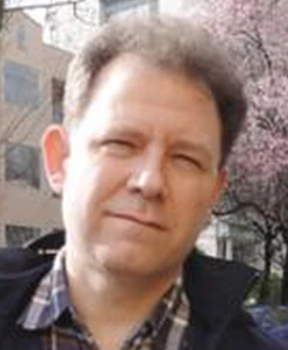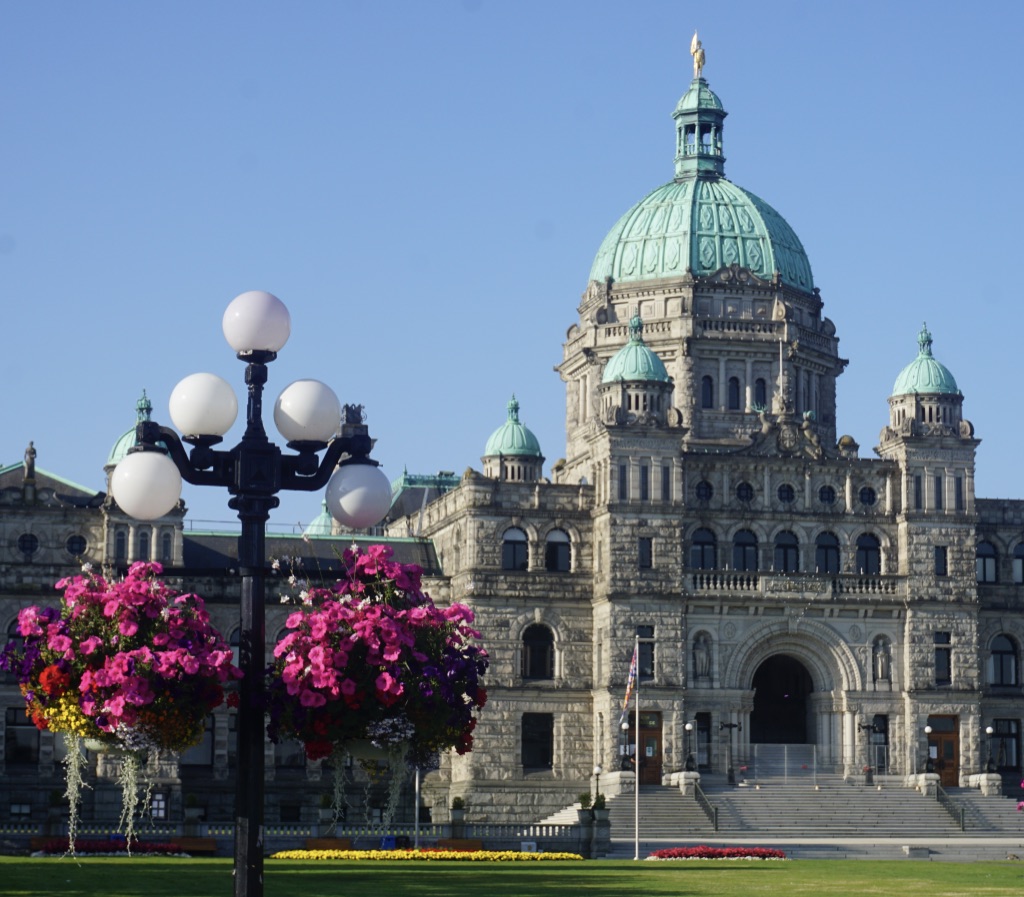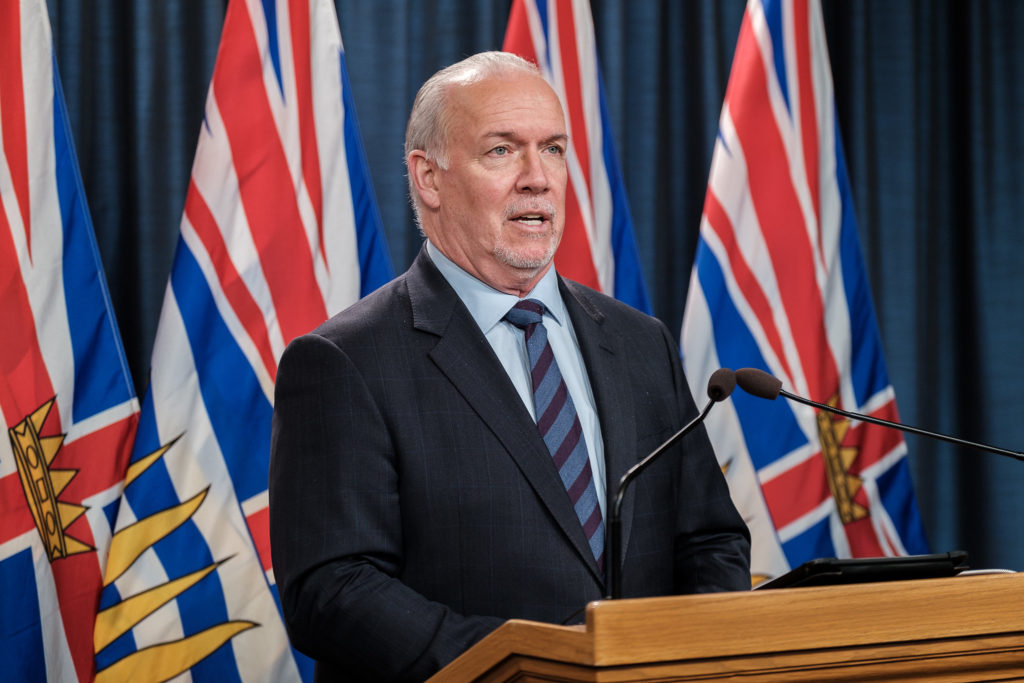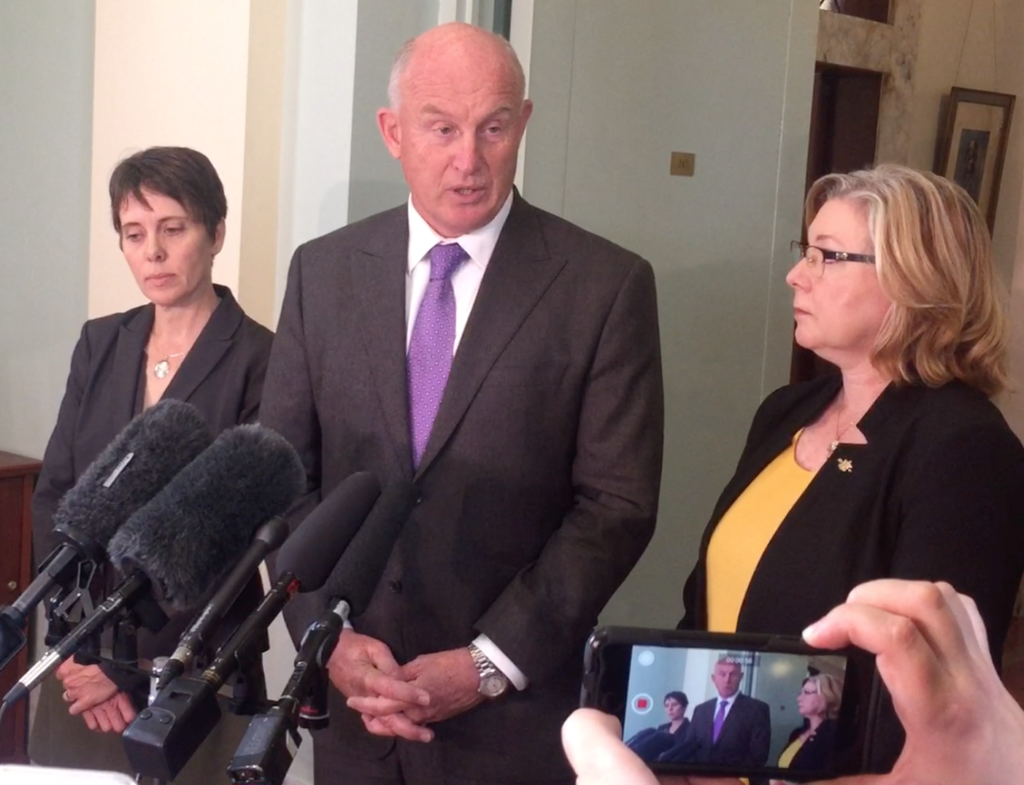Analysis: Horgan, Henry and Dix fiddled while home burned
Bob Mackin
“Unprecedented” was the buzzword repeated often by government officials in British Columbia after hundreds of people died in the heat wave that enveloped the West Coast on the last weekend of June.
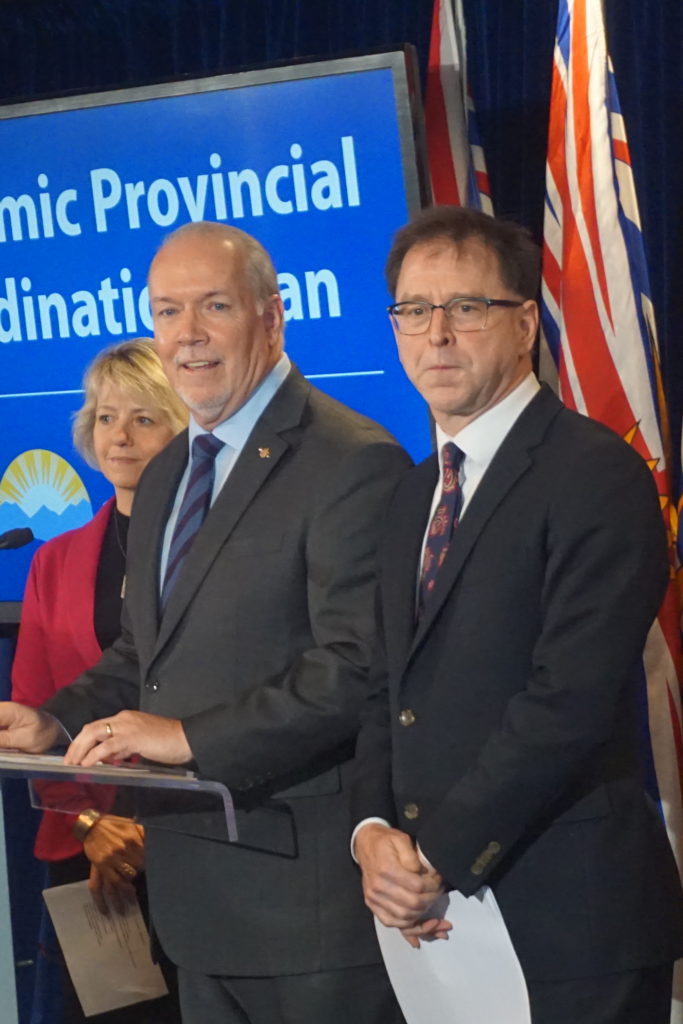
Dr. Bonnie Henry (left), Premier John Horgan and Health Minister Adrian Dix in March 2020 (Mackin)
But unprepared is the correct word under the circumstances.
On the 96th anniversary of a similar late June heat wave, NDP government officials did not broadcast any public statements to media, to warn the public of the extreme heat and offer help to find temporary relief from the temperatures. Ex-Health Minister Terry Lake of the B.C. Care Providers Association did more to warn the public than the current Health Minister, Adrian Dix, before the sweltering weekend.
“We got out of ahead of it and we saw what was coming,” said B.C. Care Providers’ vice-president Mike Klassen.
The NDP government waited until they were forced to react to the mounting death toll in a province already reeling from the overdose and pandemic public emergencies. By July 2, chief coroner Lisa Lapointe said that 719 sudden and unexpected deaths occurred between June 25 and July 1 — three times greater than normal.
B.C.’s death toll is eerily similar to the 739 heat-related deaths over five days when Chicago suffered a record heat wave in July 1995.
An analysis of emergency preparation guides written by the province and the B.C. Centre for Disease Control shows almost no attention paid to the risk of a heat wave — even though politicians are constantly warning of a global warming crisis.
Some, like Vancouver Mayor Kennedy Stewart, went so far as to convince his city council to declare a symbolic climate change emergency in early 2019. But Vancouver’s police and fire departments were both stretched to the limit on the hottest June weekend in almost a century, reporting call volumes similar to the 2011 Stanley Cup riot. Stewart has ordered city manager Paul Mochrie to conduct a review. But Mochrie is obviously not going to fault the hypocrisy of his boss for his January 2019 alarmism followed by his June 2021 apathy.
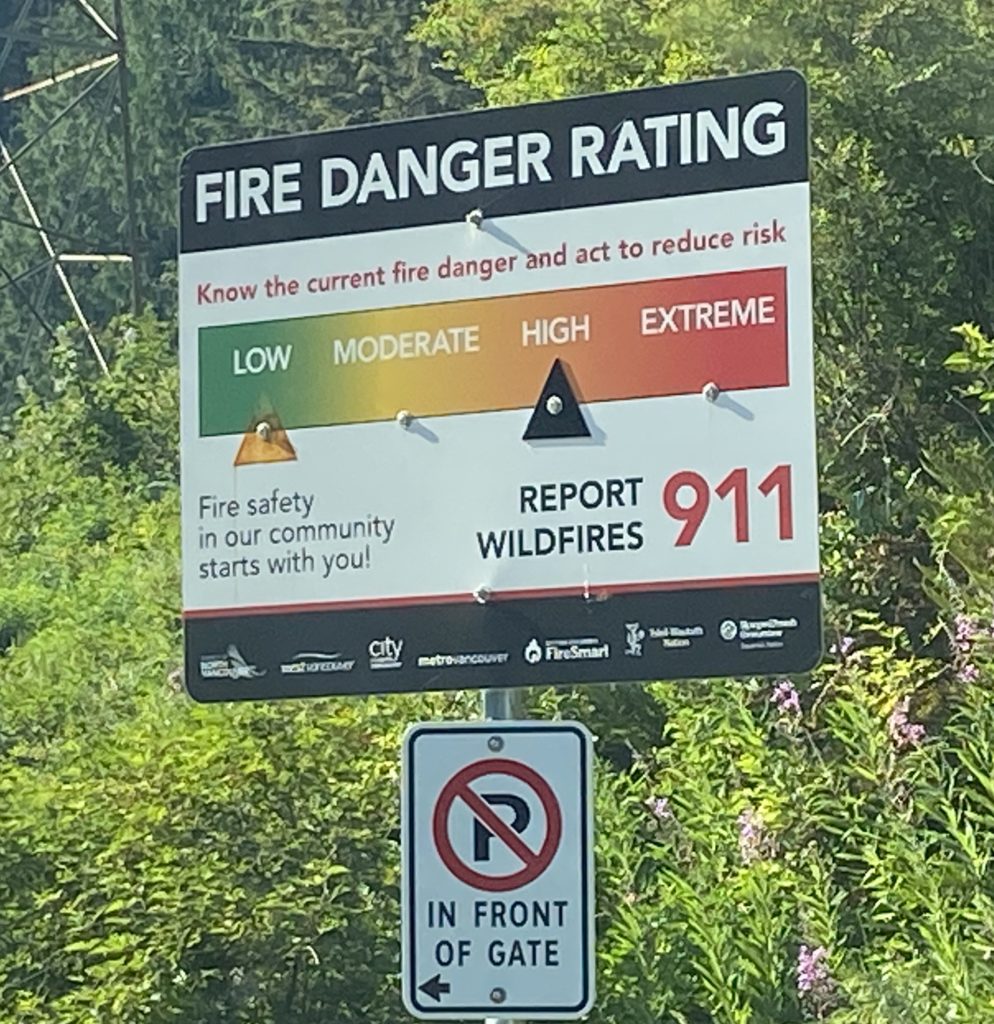
Wildfire warning sign in North Vancouver on June 28 (Mackin)
The Emergency Management B.C. 2012 All-Hazard Plan divides risks into six major categories: Seismic, wildfire, hazardous materials, disease and epidemics, terrorism and hydrological. The latter includes drought, severe weather and storm surge. One of the annex documents mentions heat wave only once, on a chart showing which ministry had responsibility for which disaster type.
Nonetheless, the plan lays out what to do during so-called “notice” emergencies.
“Prior warning may come from outside organizations that have access to scientific methods for predicting floods, forest fires and severe weather. Where reliable prediction is possible, action can be taken before the onset of an emergency.”
B.C. Emergency Health Services did not activate its emergency operations centre until June 29, after paramedics and dispatchers were burdened by 200-plus call backlogs on the weekend.
Ministry of Health has maintained a central pandemic emergency coordination centre since March 2020 to coordinate with federal and municipal officials and communicate key messages to the public. It should have been relatively simple to pivot from virus to heat.
“The Provincial Health Officer is the lead spokesperson for information on public health related matters as a result of a major disease outbreak or emergency/disaster impacting the province,” the plan states.
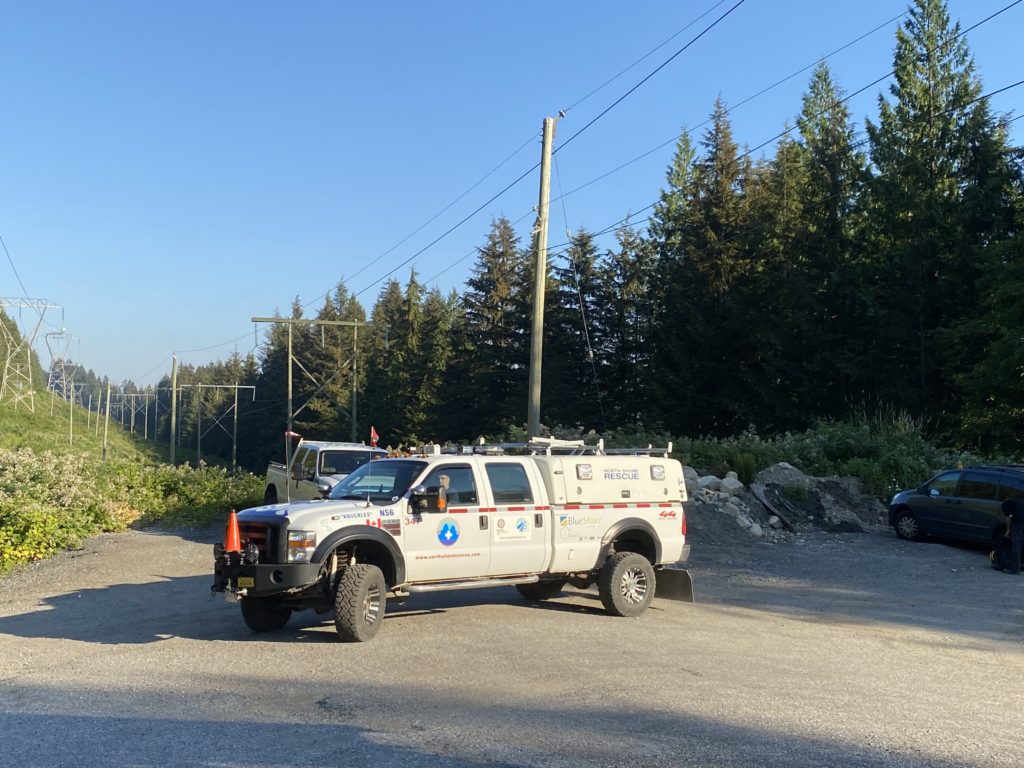
North Shore Rescue during search for missing hiker Howard Moore, believed to be a victim of the heat wave.
We do not know why Dr. Bonnie Henry or Minister Adrian Dix failed to make a public statement at the onset of the heat wave to offer guidance to the public to shelter in a cool space at home or an air conditioned public library or community centre.
At 6:17 a.m. on June 24, Environment Canada warned of a “dangerous long duration heat wave” from June 25-29. “The record-breaking heat event will increase the potential for heat-related illnesses,” read the urgent advisory.
Later that day, the B.C. Emergency Health Services board meeting heard from Neil Lilley, the senior provincial director of patient care, communications and planning. Lilley gave a sometimes light-hearted presentation on how the ambulance service uses a colour-coded scale to rank the seriousness of injury or illness calls.
“Whereby a purple is an immediately life-threatening, for a cardiac arrest, for example, right the way down through a blue call, which is not urgent, we downstream those calls to 8-1-1 [non-emergency]. They could be somebody who stubbed their toe or has some severe sunburn, which probably is going to happen quite a bit this weekend,” Lilley laughed. “8-1-1 might be busy, but hopefully not.”
On June 25, Dr. Bonnie Henry was in Kelowna, where she posed for a Facebook photo at a sandwich shop. The former head of emergency services for Toronto Public Health has a Twitter account, but has not posted a message since November 2013. The government also did not activate its Alert Ready public safety system via TV, radio and text message.
The heat wave impacted coronavirus testing and vaccination sites in Fraser Health and in Vancouver; several were closed and appointments for jabs delayed. Yet the NDP proceeded with the July 1 stage 3 of the restart plan anyway (anything to quiet the casino lobbyists).
“In hindsight, all levels of government are going to be asking themselves if they could have been better prepared,” Klassen said. “There is no question any elected official who is not prepared to roll up their sleeves to make it happen, they should probably find another line of work.”
Last fall, while the NDP campaigned in an unnecessary early election, Henry and her staff were busy updating B.C.’s nuclear emergency plan, instead of planning for an inevitable heat wave.
One of the only documents that could be found that directly addresses extreme heat is a 2017 planning guide from the BCCDC that considered municipal readiness. It found limited extreme heat response planning among B.C. municipalities and health authorities.
“Only six municipalities, all of which are located in the coastal ecoregion, were reported to have formalized heat response plans, three of which were reviewed,” said the BCCDC report.
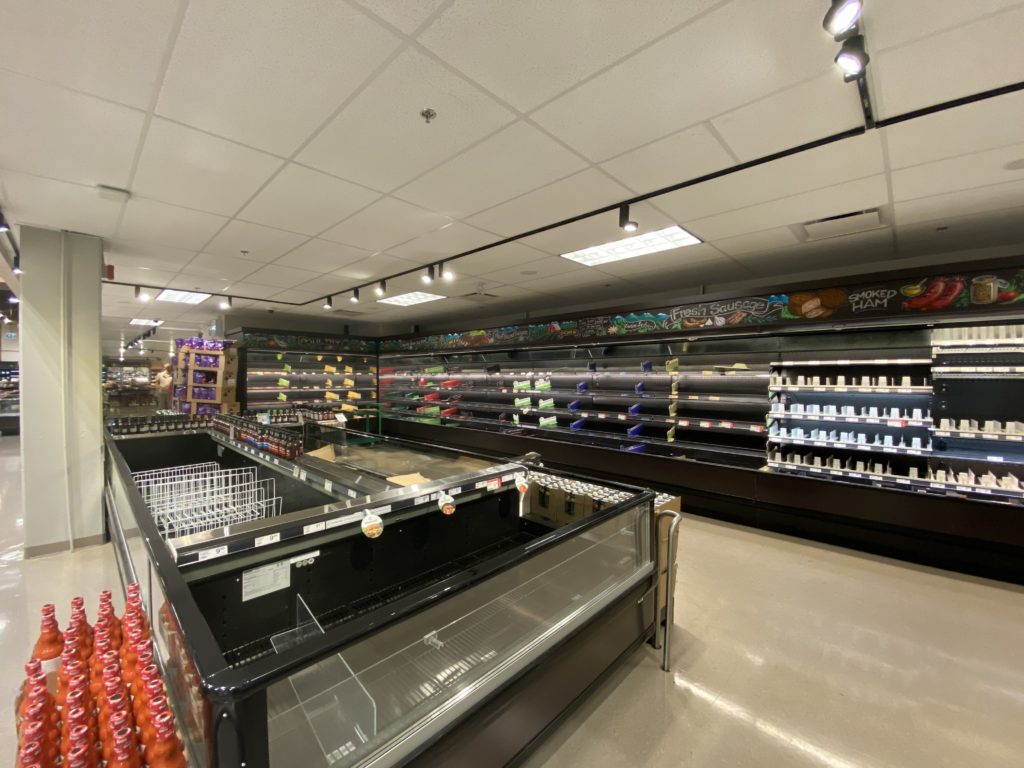
Edgemont Thrity supermarket in North Vancouver suffered a refrigeration failure during the June 27 record heat (Mackin)
“Although consultations suggested this may be the result of the low perception of risk posed by heat and subsequent lack of prioritization, participants also described a lack of local data for risk assessments and absence of contextually appropriate and accessible best practice guidelines.”
The six municipalities were Maple Ridge, Pitt Meadows, North Vancouver District, North Vancouver City, West Vancouver and Vancouver.
In 2011, Health Canada published a toolkit for public health and emergency management officials to communicate about extreme heat events.
“The amount of lead time in forecasts of extreme heat events is now allowing public health officials and the public to prepare for dangerous conditions.”
During an extreme heat event, the Health Canada guide said, “providing effective and rapid communication materials emphasizing only three to seven bits of familiar information that audiences can/should remember is very important. This will increase the likelihood of retention of key messages. By repeating these messages often, through different channels and vehicles, you will increase the reach and number of times they hear your message, demonstrate credibility, and provide needed support to those most at risk.”
The report said older adults, infants and young children, people with chronic illness or physical impairments and the socially disadvantaged are at greatest risk of heat stroke, heat exhaustion, heat fainting, heat cramps, heat rash and heat-related swelling.
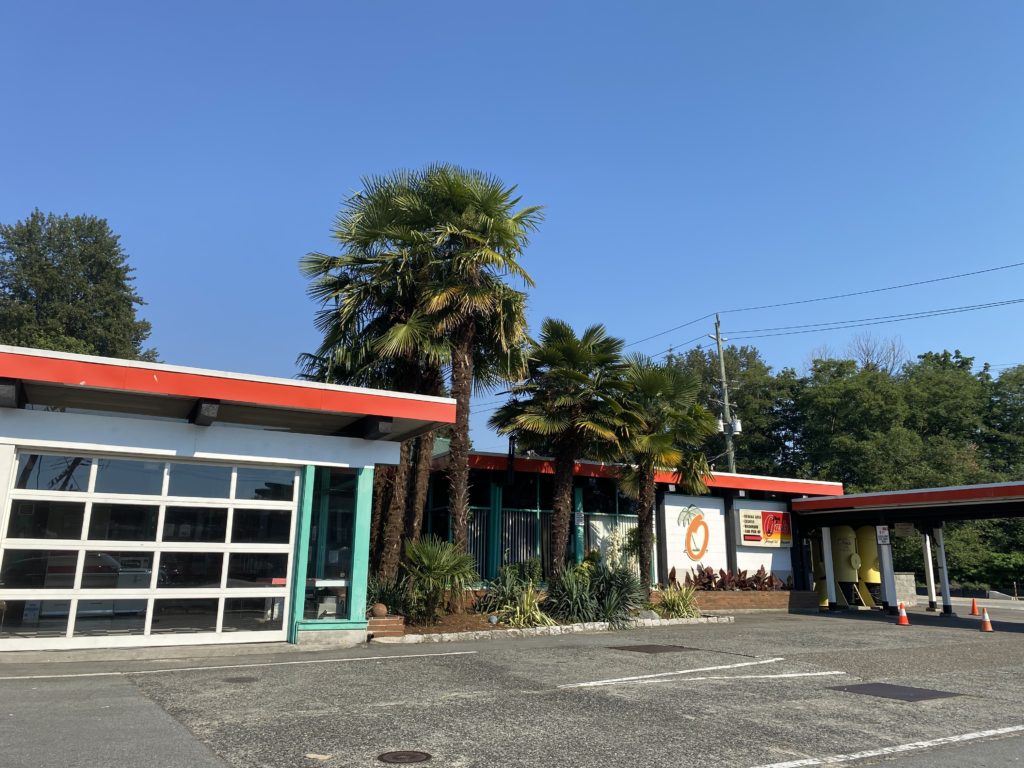 Said the Health Canada document: “Provide targeted groups with timely, consistent and accurate information to help people make informed decisions and change their behaviour to minimize health risks, such as drinking more water and going to cooling shelters during extreme heat.”
Said the Health Canada document: “Provide targeted groups with timely, consistent and accurate information to help people make informed decisions and change their behaviour to minimize health risks, such as drinking more water and going to cooling shelters during extreme heat.”
Health Canada echoed some of the conclusions of a 1996 study in the New England Journal of Medicine, which studied the Chicago 1995 heat wave death toll.
“People, especially elderly people, who live alone and do not have networks of social contacts and those with debilitating conditions are at particularly high risk during heat emergencies,” said the report.
Sociologist Eric Klinenberg is author of Heat Wave: A Social Autopsy of Disaster in Chicago. He pointed out that the June 30, 1995 Morbidity and Mortality Weekly Report foreshadowed the Chicago heat wave. The study concluded the 5,379 excessive heat deaths in the U.S. from 1979 to 1992 were readily preventable.
“Public health experts know the risk factors associated with heat related illness and mortality as well as the procedures responsible parties can take to reduce them,” Klinenberg wrote.
One of the obstacles in Chicago was political. As Klinenberg reported, Mayor Richard Daley downplayed the disaster with these words: “It’s hot. It’s very hot. But let’s not blow it out of proportion.”
Which sounds a lot like Premier John Horgan’s insensitive “fatalities are a part of life” and “there’s a level of personal responsibility” lines he used on June 29.
Support theBreaker.news for as low as $2 a month on Patreon. Find out how. Click here.
Bob Mackin “Unprecedented” was the buzzword repeated often






